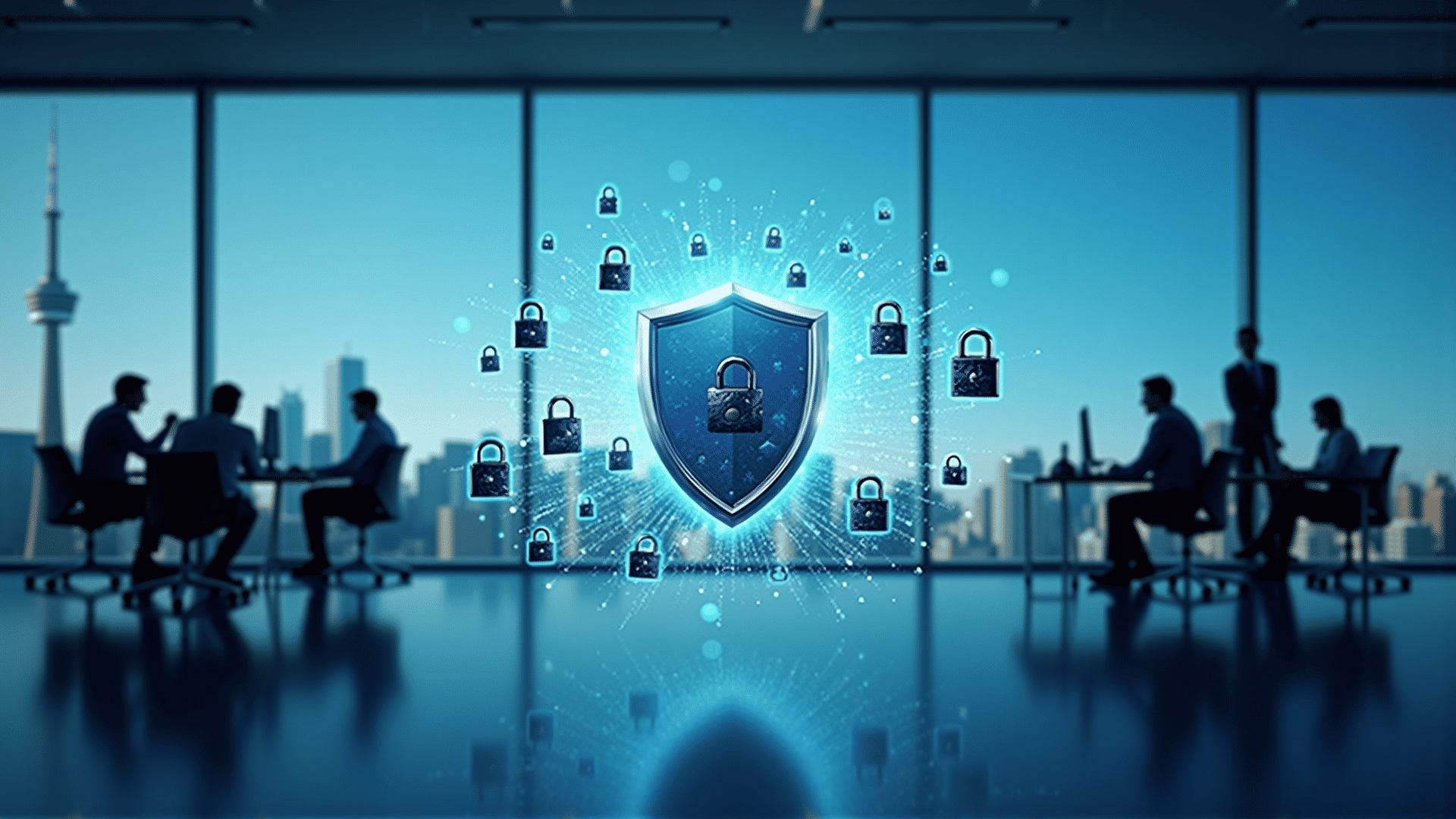In today's digital age, cybersecurity has emerged as a critical focus for businesses of all sizes. As our reliance on technology continues to grow, so does the array of cyber threats that can exploit vulnerabilities in our systems. From small businesses to large enterprises, ensuring the protection of data and networks is paramount to maintaining operational integrity and customer trust.
One of the key measures for securing your business against potential threats is to implement a comprehensive cybersecurity strategy. This involves more than just installing antivirus software; it requires an integrated approach that encompasses every aspect of your operations.
First and foremost, conducting a thorough risk assessment is essential. Understanding where your business is most vulnerable allows you to allocate resources effectively and prioritize the areas that need immediate attention. This may include identifying weak points in your network, outdated software, or insufficient employee training.
Next, consider the implementation of advanced cybersecurity technologies. Firewalls, encryption, and intrusion detection systems can provide a robust defense against unauthorized access. Regular updates and patches are crucial to ensure these technologies remain effective against the latest threats. Additionally, deploying multifactor authentication adds an extra layer of security by requiring additional verification beyond just a password.
Employee education is another critical component of a robust cybersecurity strategy. Cyber threats often exploit human error, making it vital for employees to be aware of potential risks such as phishing attacks, social engineering, and other forms of cyber deception. Regular training sessions and workshops can help employees recognize suspicious activities and respond appropriately, significantly reducing the risk of a security breach.
Moreover, developing an incident response plan is crucial for minimizing the impact of a cyberattack. This plan should detail the steps to be taken in the event of a breach, including communication protocols, roles and responsibilities, and recovery processes. Conducting regular drills and simulations can ensure that your team is prepared to respond swiftly and effectively to any cybersecurity incident.
For businesses dealing with sensitive or regulated data, compliance with industry standards and regulations is non-negotiable. Frameworks such as ISO 27001, NIST, and GDPR provide guidelines for managing cybersecurity risks and maintaining data privacy. Adhering to these standards not only helps protect your business but also instills confidence in your clients and partners.
Lastly, consider partnering with a cybersecurity firm to enhance your defense mechanisms. These experts can offer tailored solutions, conduct penetration testing, and provide round-the-clock monitoring to detect and neutralize threats in real time. Outsourcing certain aspects of cybersecurity can be a cost-effective way to access cutting-edge technologies and expertise without overburdening your internal teams.
In conclusion, as cyber threats continue to evolve, a proactive and comprehensive approach to cybersecurity is indispensable. By investing in robust technologies, continuously educating employees, and establishing clear protocols, businesses can keep their data and networks secure. Prioritizing cybersecurity not only protects your operations but also fosters trust and confidence among your stakeholders, paving the way for sustainable growth in an increasingly digital world.
